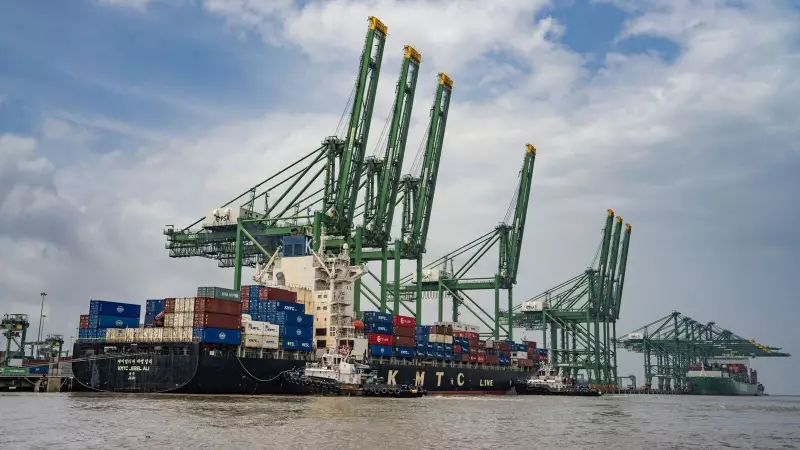
Indian oil refining companies are conducting urgent reviews of their Russian crude procurement strategies following the imposition of fresh sanctions by the Trump administration targeting major Russian energy corporations Rosneft and Lukoil.
Sanctions Shakeup in Energy Markets
The recent punitive measures have sent shockwaves through global oil markets, compelling Indian refiners to carefully evaluate their existing contracts and future procurement plans. This development comes at a critical juncture when India has significantly increased its Russian oil imports over the past year.
How the Sanctions Mechanism Works
The newly implemented sanctions operate through a multi-layered approach designed to restrict Russian oil revenue while maintaining global supply stability. Key components include:
- Financial restrictions on transactions involving sanctioned entities
- Shipping and insurance limitations for crude cargoes
- Secondary sanctions targeting non-US companies dealing with Russian energy giants
- Price cap enforcement mechanisms for Russian crude exports
Impact on Indian Energy Security
India, being the world's third-largest oil importer, faces significant challenges in balancing its energy security needs with compliance to international sanctions. The country had emerged as one of the largest buyers of Russian crude following earlier Western sanctions, benefiting from discounted prices.
Industry analysts suggest that Indian refiners are now exploring various contingency plans, including:
- Diversifying crude sourcing to include more Middle Eastern and African suppliers
- Renegotiating payment terms to ensure compliance with sanctions regime
- Enhancing due diligence processes for all Russian oil transactions
- Exploring alternative shipping and insurance arrangements
Global Energy Dynamics Shift
The sanctions have triggered a recalibration of global energy trade patterns, with traditional supply routes being reassessed and new alliances forming in the energy sector. Market observers note that the measures could lead to increased price volatility and supply chain disruptions in the short to medium term.
Energy experts emphasize that while Indian refiners have become adept at navigating complex sanction regimes, the latest measures present unprecedented challenges that require sophisticated risk management strategies and diplomatic coordination.





